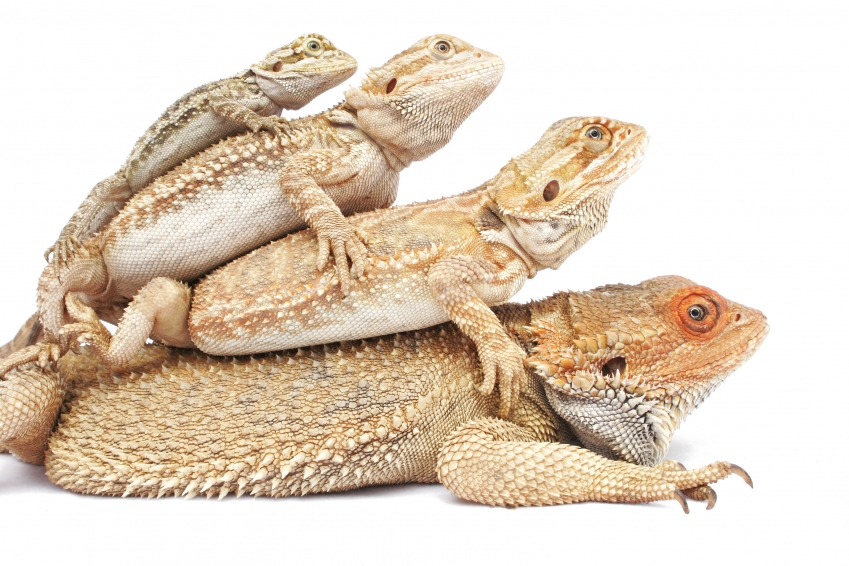Why is My Bearded Dragon Restless? Tips for a Happy and Healthy Pet
Why is My Bearded Dragon Restless? Tips for a Happy and Healthy Pet

If you’re a beginner bearded dragon owner, you might be wondering why your pet is restless or acting out of character. Here are some common reasons why your bearded dragon might be restless and how you can make sure they’re happy and healthy.
Lack of Warmth
Bearded dragons are cold-blooded reptiles that need heat to regulate their body temperature. If your pet is not getting enough warmth, they might be restless, anxious or even sick. As a rule of thumb, you should provide a basking spot that’s at least 100°F to 110°F and a cooler zone that’s around 80°F to 85°F. You can use different heat sources such as ceramic heat emitters, UVB bulbs or heat mats depending on your setup and the size of your enclosure.
Too Much Light
Bearded dragons also need exposure to natural light or full-spectrum UVB light to produce vitamin D3 and absorb calcium. However, if they’re exposed to too much light, especially at night, they might be restless or stressed. You should provide a light cycle of 12-14 hours of light and 10-12 hours of darkness per day. You can also use red bulbs or low-wattage bulbs at night to mimic moonlight and avoid disturbing your pet’s sleep.

Poor Diet
Bearded dragons are omnivorous animals that eat a variety of insects, fruits and vegetables. If their diet is imbalanced or deficient in nutrients, they might be restless, lethargic or vulnerable to diseases. You should provide a diet that’s high in protein, calcium, and vitamins such as crickets, mealworms, dubia roaches, dark leafy greens, squash, and bell peppers. You should also gut-load or dust your feeder insects with supplements and monitor your pet’s weight and food intake regularly.

Inadequate Environment
Bearded dragons need a spacious and enriching environment to thrive and explore. If their enclosure is too small, bare, or overcrowded, they might be restless, bored or stressed. You should provide an enclosure that’s at least 40 gallons for one adult bearded dragon, with hiding spots, basking spots, climbing branches, and other decorations. You should also clean and disinfect the enclosure regularly and avoid using any substrate or material that might cause impaction or harm your pet.

Health Issues
Bearded dragons are prone to certain health issues such as metabolic bone disease, respiratory infections, parasites, and impaction. If your pet is restless, lethargic or showing any abnormal symptoms, you should consult a reptile veterinarian as soon as possible. Delaying medical treatment can worsen the condition and endanger your pet’s life.
Summary
In conclusion, a restless bearded dragon can indicate a variety of reasons related to their environment, diet, heat, light, or health. As a responsible pet owner, you should observe your pet’s behavior and needs, and provide the appropriate care and attention to ensure they’re happy and healthy. By following the tips and guidelines mentioned in this article, you should be able to create a stress-free and enjoyable life for your beloved pet.
